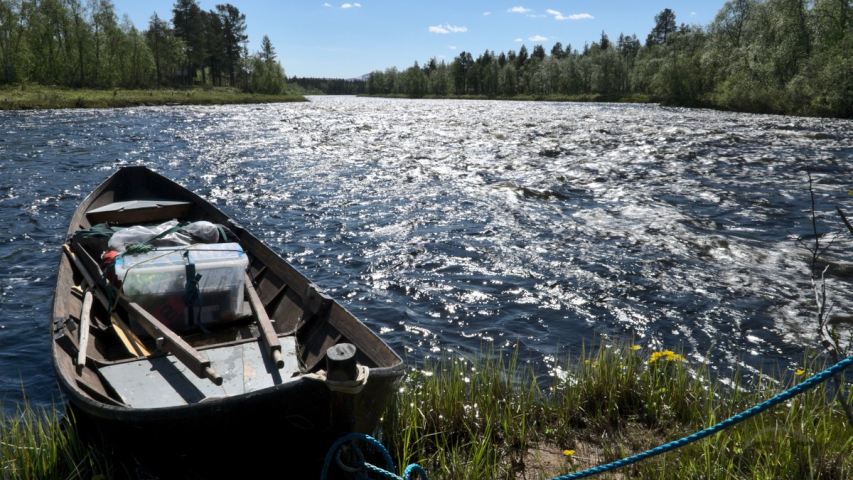I have been promoting my business as a carbon neutral option. This is true since my muscle-powered vehicle is a clean way to travel. But I don't really like the term. It is often - intentionally or unintentionally - confused with sustainability, when it actually says very little about sustainability and is in many ways even misleading. Carbon neutrality calculations are distorted, for example, by the idea that a company can compensate by owning forest where new trees are planted. This compensation does not guarantee that the forest will not be logged later. Sounds a bit too easy for companies?
Some of the forms of calculations of the carbon footprint also does not take into account other particulate emissions or noise pollution.
Perhaps even more problematic about the use of carbon neutrality as a measure of sustainability is that it tells us almost nothing about a company's other resource use. For example, the extractive industries, whose growth is behind the so-called green transition, are often completely missing from the picture.
Even all carbon emissions are not included in these calculations, as many of the calculations exclude emissions from transport and construction infrastructure in the extractive industries. The electric motors of the green transition still need new mines to extract the lithium used in their batteries. Such a mine is the dream of some "developers" in the Tarvantovaara wilderness area in Enontekiö, where Europe's last large areas of marshland, protected many times over and vital as floodplains and bird sanctuaries, would have to be sacrificed in the name of the green transition. This despite the fact that peatlands are among the most threatened ecosystems worldwide.
Furthermore, the carbon footprint does not usually take into account the whole life cycle of materials.
My boat is made of wood and plywood. It has steel parts in the oar holders and pine tar on the surface. So it's not a totally material-free thing. However, the boat is locally made and, with a little maintenance, will last a lifetime. In fact, this particular boat has already been recycled or almost dyed once: it had already been condemned to rot until a skilled boat carver rescued it by replacing part of the wood. I can't be sure of all the chains of materials involved, as the original boatbuilder is no longer around to answer my questions. But I can say with a clear conscience: there is no other more ecological vehicle than this one!



